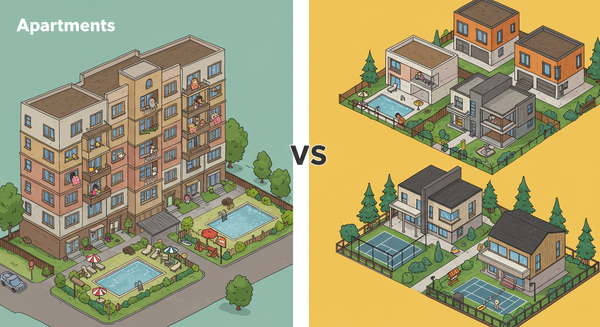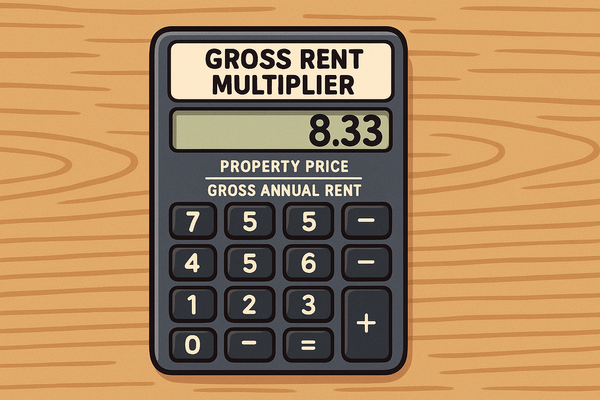
Property Management Terms
Credit Score Ranges in Property Management [+ Free Downloadable Forms]
Credit Score Ranges for Property Management Understanding Risk Levels and Tenant Screening Decisions Excellent Credit 740-850 Minimal Risk Tenant Characteristics: * Exceptional payment history with minimal missed payments * Low credit utilization (typically under 10%) * Long-established credit history with diverse credit mix * Strong income-to-debt ratios Property Manager Action: Standard approval with competitive











